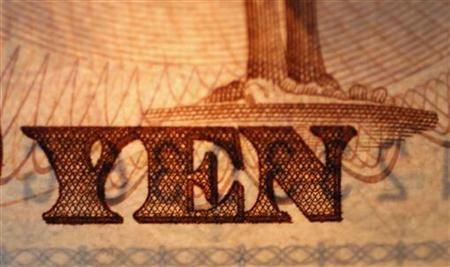Japan's Monetary Base Rises 5% In November

Japan's monetary base rose in November compared to that in the same month last year, indicating that the monetary easing policies are leading to an increase in the amount of currency in circulation which in turn results in reviving economic growth.
According to the data released Tuesday by the Bank of Japan, the country’s monetary base, which measures the change in the total amount of domestic currency in circulation and current account deposits held at the central bank, advanced 5 percent in November, down from a 10.8 percent rise in October and below the analysts’ expectation of 11.4 percent. An increase in the supply of money is expected to lead to additional spending, which in turn results in inflation.
This data come amid the reports that the policymakers in Japan were under pressure to further loosen the monetary policy to revive the economy. Last month, Japan faced a sudden development on the political scene with Prime Minister Yoshihiko Noda dissolving the Diet ahead of the general elections to be held Dec. 16. Investor confidence rose amid the hope that the main opposition, the Liberal Democratic Party, led by Shinzo Abe who is the proponent of aggressive monetary easing measures, would win the next elections.
“The Bank of Japan could also come under pressure to ease further, particularly from the government. However, financial conditions are already very accommodative and have arguably reached a state of saturation. As such, we doubt the Bank will expand its asset purchase program again this year but instead focus on growth-supporting measures such as the recent cheap loans scheme,” Capital Economics said in a note.
With Japan's gross domestic product contracting in the third quarter compared to that in the previous quarter, the policymakers are under pressure to further ease the monetary policy.
The data released last month by the Cabinet Office showed that the country’s GDP, which measures the annualized change in the inflation-adjusted value of all goods and services produced by the economy, shrank to 0.9 percent in the quarter ending Sept. 30, down from a 0.1 percent rise in the previous three months.
Japan reported last week that retail sales fell in October compared to those in the same month last year, indicating a faltering of consumer spending, which accounts for the majority of overall economic activity. The data released by the Ministry of Economy, Trade and Industry shows that Japan’s retail sales, which measure the total value of inflation-adjusted sales at the retail level, fell 1.2 percent in October from those in the same month a year earlier, down from a 0.4 percent rise in September.
© Copyright IBTimes 2024. All rights reserved.





















